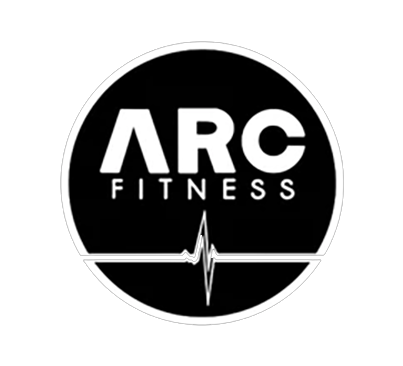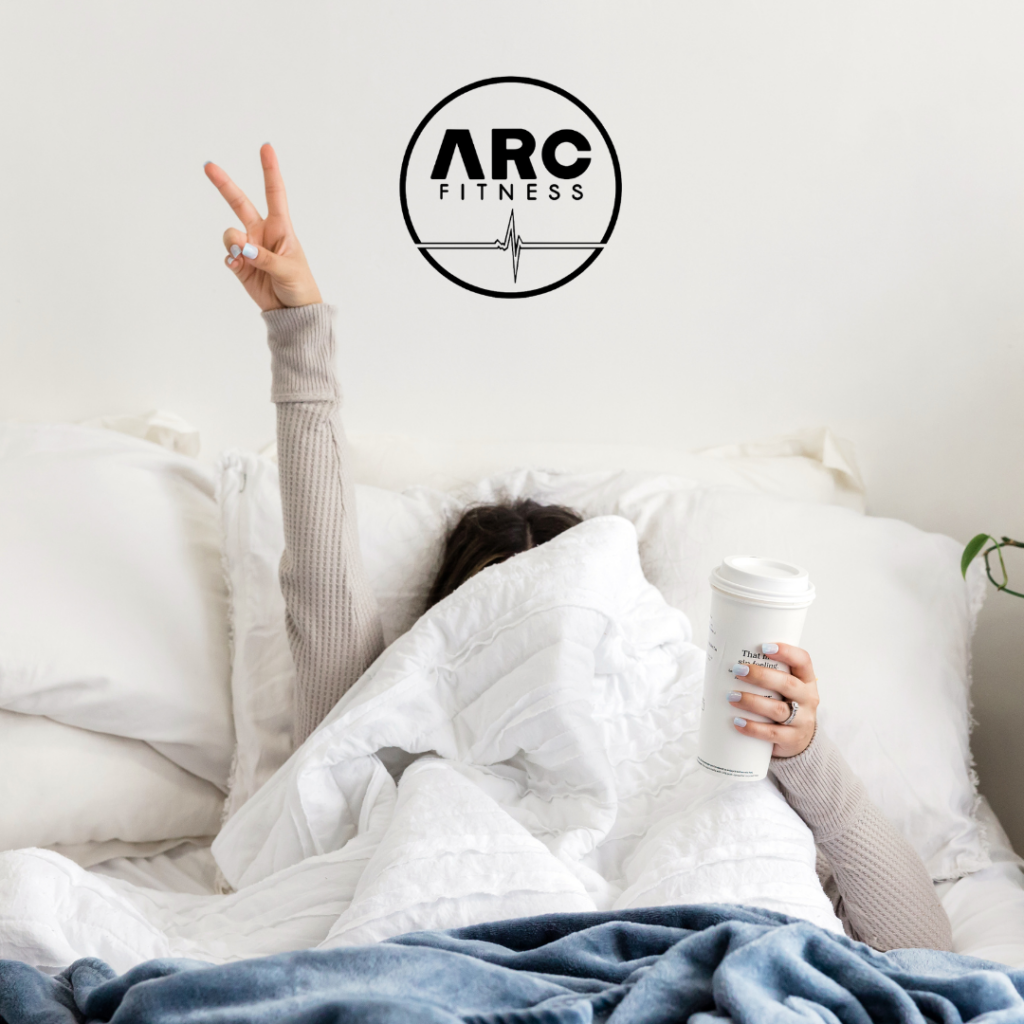No products in the basket.
Arc Fitness
Importance of Sleep in Addiction Recovery
Importance of Sleep in Addiction Recovery
Sleep plays a crucial role in addiction recovery, and prioritising good sleep hygiene can help individuals in recovery optimise their chances of long-term sobriety. At ARC, we understand the importance of sleep in the recovery process and offer comprehensive support to help our clients improve their sleep hygiene. In this article, we will explore the connection between sleep and addiction recovery and provide tips for achieving restorative sleep during the recovery process.
How Addiction Affects Sleep
Addiction can take a significant toll on the body and mind, disrupting natural sleep patterns and negatively impacting sleep quality. When someone is struggling with addiction, their body may develop a dependence on drugs or alcohol to fall asleep. This dependence can lead to disrupted sleep patterns, insomnia, and even sleep apnea. Substance abuse can also alter the brain’s natural sleep-wake cycle, making it difficult for individuals to achieve deep, restorative sleep.
How Sleep Affects Addiction Recovery
Sleep is critical to the recovery process, as it allows the body to repair and heal itself. Good sleep hygiene is essential for mental health, emotional stability, and cognitive function. During addiction recovery, restorative sleep can help reduce stress, anxiety, and depression, all of which can be significant triggers for relapse. Good sleep hygiene can also help individuals regulate their emotions, improve concentration and memory, and optimise overall physical health.
Tips for Improving Sleep Hygiene in Addiction Recovery
At our addiction treatment centre, we recognise the importance of sleep in addiction recovery and offer comprehensive support to help our clients achieve restorative sleep. Here are some tips for improving sleep hygiene during addiction recovery:
- Stick to a Sleep Schedule: Try to go to bed and wake up at the same time every day, even on weekends. This can help regulate the body’s natural sleep-wake cycle.
- Create a Relaxing Sleep Environment: Make sure your bedroom is cool, dark, and quiet. Remove any distractions, such as TVs or mobile devices, that can interfere with sleep.
- Limit Stimulants: Avoid caffeine, nicotine, and alcohol before bedtime, as these can disrupt sleep patterns and negatively impact sleep quality.
- Practice Relaxation Techniques: Deep breathing, meditation, or yoga can help calm the mind and relax the body before bed, making it easier to fall asleep and stay asleep.
- Avoid Late-Night Eating: Eating heavy meals or snacks before bedtime can disrupt digestion and make it difficult to fall asleep. Try to eat at least two hours before bedtime.
- Exercise Regularly: Regular exercise can help regulate sleep patterns and improve overall physical and mental health. However, avoid exercising too close to bedtime, as it can interfere with sleep.
- Seek Professional Help: If you are struggling with sleep disturbances during addiction recovery, talk to your healthcare provider about potential treatment options, such as medication or therapy.
Conclusion
Sleep is a critical component of addiction recovery, and prioritising good sleep hygiene can help individuals in recovery optimise their chances of long-term sobriety. At our addiction treatment centre, we recognise the importance of sleep in the recovery process and offer comprehensive support to help our clients achieve restorative sleep. By following the tips for improving sleep hygiene during addiction recovery, individuals can optimise their chances of successful recovery and long-term sobriety.

